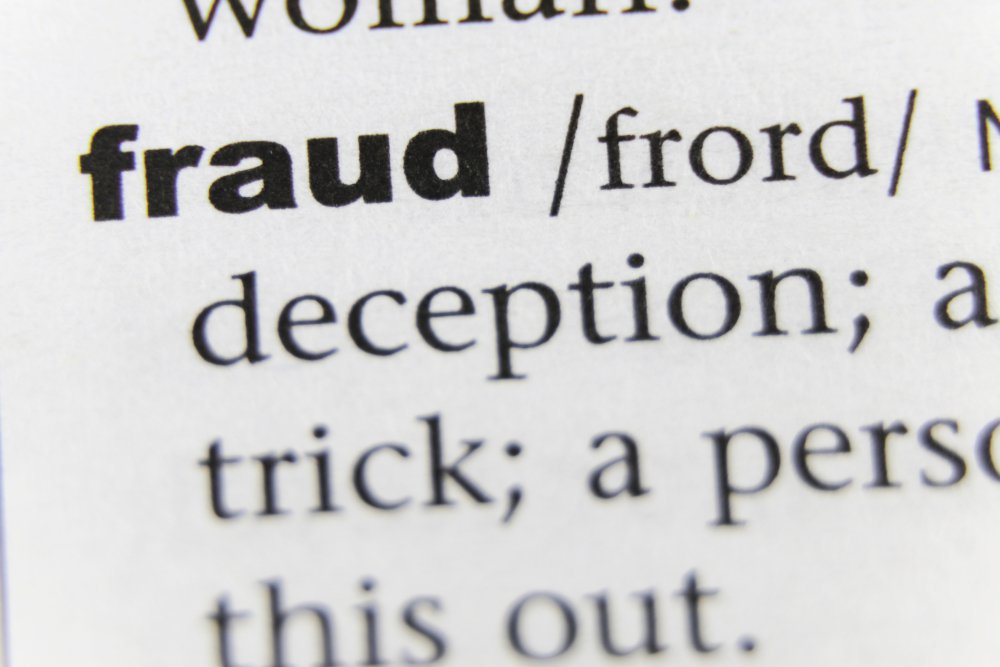Many U.S. Business Owners who have lost revenue due to the coronavirus are looking to their insurance companies to indemnify them for lost revenue and expenses due to quarantines, canceled reservations and venue closures caused by the coronavirus. Most comprehensive commercial property policies contain cover losses from business interruption. Typically, these provisions are designed to indemnify the insured for losses from fires, natural disasters, certain weather-related events, and governmental shutdowns including, but not limited to: 1) lost revenue, 2) rent or lease payments, 3) employee wages, 4) taxes, 5) loan payments, and 6) relocation costs.
Most business interruption coverage provisions promise to indemnify the insured for: “All risk of direct physical loss of or damage to property.” State laws vary in defining what constitutes “direct physical loss.” To prove a covered direct physical loss, most states require the insured to show that the insured property suffered a physical change or alteration.
Ordinarily, this isn’t too difficult, when the cause of the business interruption loss is fire, flood or other covered weather events. Coverage gets trickier, however, when the loss is caused by some type of contaminant, like a lingering viral presence such as COVID-19. Unfortunately, coverage will depend on the language of the business owner’s particular policy. For example, if a large public venue or resort temporarily shutters its operations to eradicate the COVID-19 virus, the insured may be entitled to coverage. The policy may contain, however, an exclusion the relieves the insurance company of liability if the business interruption is caused by “mold, fungus, organic pathogens, mycotoxin, virus, mildew, spores or other microorganisms of any type or any hazardous substance as classified by the EPA.”
If a business is directed to close its doors by a local, state or federal authority as a precautionary measure, that business may have business interruption coverage for resulting losses if the insurance policy has “civil authority coverage.” This type of business interruption coverage will indemnify the insured for losses incurred due to the actual interruption of operations when a civil authority prohibits access to the covered property. Be aware that Civil Authority coverage provisions are accompanied by a host of policy terms and provisions that must be navigated to get paid, if a business is ordered to suspend its operations.
There have already been multiple business interruption claims made due to coronavirus losses and, not surprisingly, there have been many disputes and denials. Insurance companies are denying many of the claims based on a variety of provisions and riders, discussed above, which allegedly exclude losses caused by pathogens and communicable diseases. Many of these exclusions are replete with ambiguities that courts may ultimately construe in favor of insureds. As the Nation’s businesses draw to a temporary halt, insurance company boardrooms are suiting up for what promises to be a protracted legal battle on multiple fronts.
If you have a question about insurance coverage for coronavirus or if your business interruption claim has been delayed or denied, don’t hesitate to contact us.
Evan S. Schwartz
Founder of Schwartz, Conroy & Hack
833-824-5350
[email protected]


